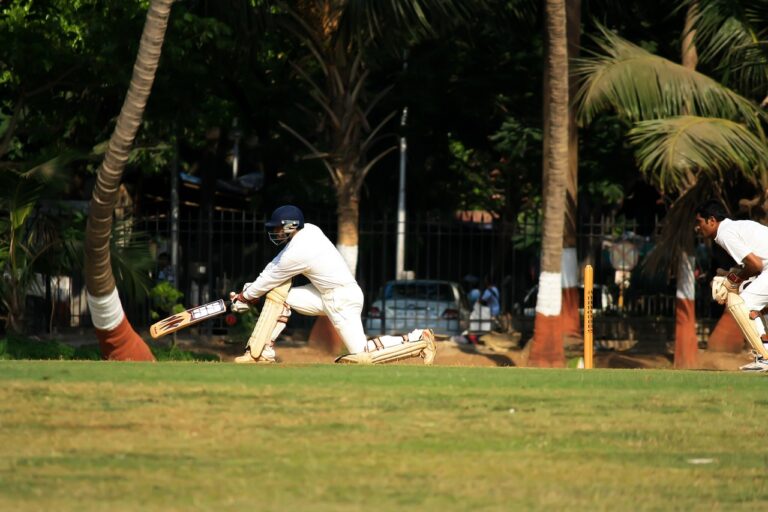The Role of Cricket in Promoting Cultural Exchange: International Tours and Tournaments
Betstarexch, Gold365: Cricket, a sport with roots dating back centuries, has played a vital role in bridging cultures across the globe. Through the shared passion and spirit of competition that cricket fosters, people from diverse backgrounds have found common ground on the field. The historical significance of cricket in bringing together individuals from various cultures has not only promoted camaraderie but has also facilitated a deeper understanding and appreciation of different traditions and customs.
As cricket spread to different parts of the world through colonial influences, it became a medium through which people could connect beyond geographical and cultural boundaries. The sport’s ability to transcend language barriers and societal norms has allowed for meaningful interactions between individuals from disparate backgrounds. By engaging in the shared experience of cricket, players and spectators alike have found a platform to celebrate diversity and promote mutual respect, highlighting the unifying power of sports in fostering cultural exchange.
• Cricket has been instrumental in fostering camaraderie and understanding among individuals from diverse backgrounds.
• The sport’s historical significance lies in its ability to bring people together beyond geographical and cultural boundaries.
• Through cricket, players and spectators have found a platform to celebrate diversity and promote mutual respect.
• Colonial influences played a role in spreading cricket around the world, making it a medium for connecting individuals across different cultures.
The Impact of International Tours on Cultural Understanding
International tours in cricket are more than just sporting events; they serve as a unique platform for cultural exchange. When teams travel to different countries to compete, they are not just showcasing their cricketing skills but also their culture and traditions. This exposure to different ways of life helps players and spectators alike to broaden their perspectives and foster mutual understanding.
Through international tours, cricket teams have the opportunity to experience firsthand the customs, languages, and cuisines of various nations. This immersive cultural exchange goes a long way in breaking down barriers and promoting harmony among diverse communities. The interactions that take place during these tours create lasting connections and deepen the bonds between people from different parts of the world.
How Tournaments Foster Cross-Cultural Communication
Cricket tournaments serve as platforms where players from diverse backgrounds come together to compete. Through the spirit of sportsmanship and camaraderie displayed on the field, individuals from different cultures can interact and form lasting connections. These tournaments provide a common ground where communication transcends language barriers, fostering a deeper understanding and appreciation for each other’s heritage.
Furthermore, the competitive nature of cricket tournaments encourages teams to learn about their opponents’ strategies and styles of play. This exchange of knowledge goes beyond the game itself, leading to cultural exchange and enrichment. As players and spectators witness the unique customs and traditions of various teams, they develop a sense of unity and mutual respect, enhancing cross-cultural communication both on and off the field.
How has cricket historically bridged cultures?
Cricket has a long history of bringing people from different cultures together through the shared love of the sport.
What impact do international tours have on cultural understanding?
International tours allow players and fans to experience new cultures firsthand, fostering a deeper understanding and appreciation for diversity.
How do tournaments promote cross-cultural communication?
Tournaments provide a platform for players and fans from different cultures to interact, exchange ideas, and build relationships, ultimately leading to greater cross-cultural communication.
Why is cross-cultural communication important in sports?
Cross-cultural communication in sports helps break down barriers, promote unity, and create a sense of global community among athletes and fans worldwide.
How can individuals contribute to promoting cross-cultural communication in tournaments?
Individuals can contribute by being open-minded, respectful of other cultures, and actively engaging with people from different backgrounds during tournaments.







